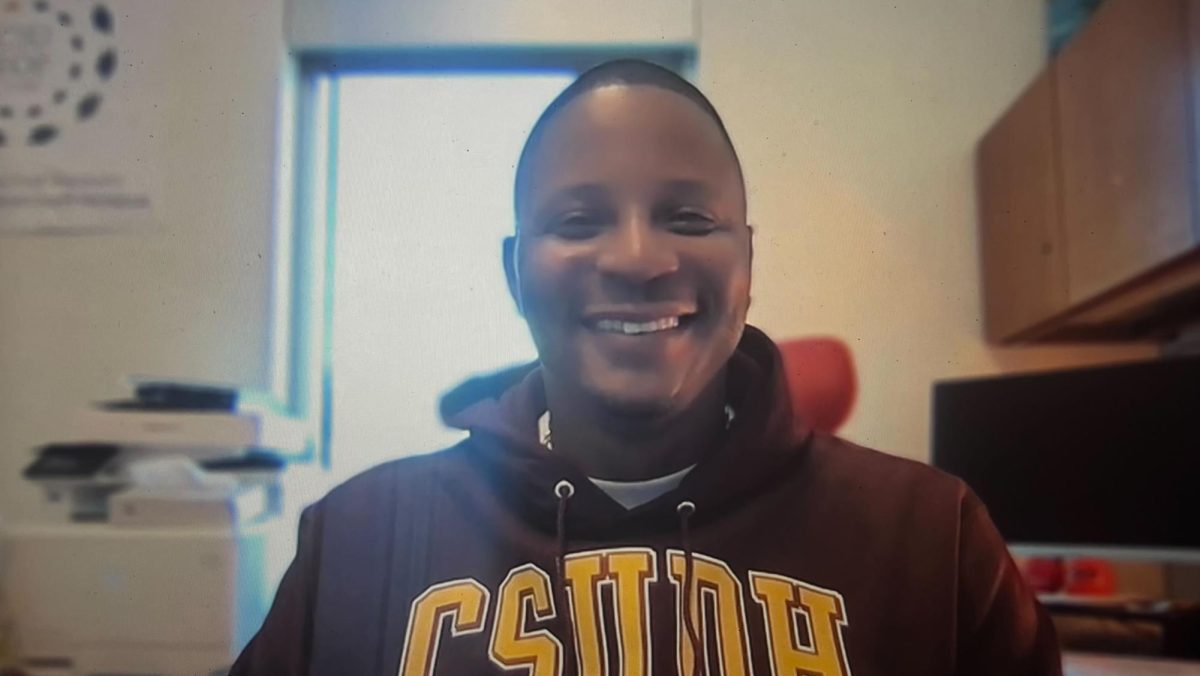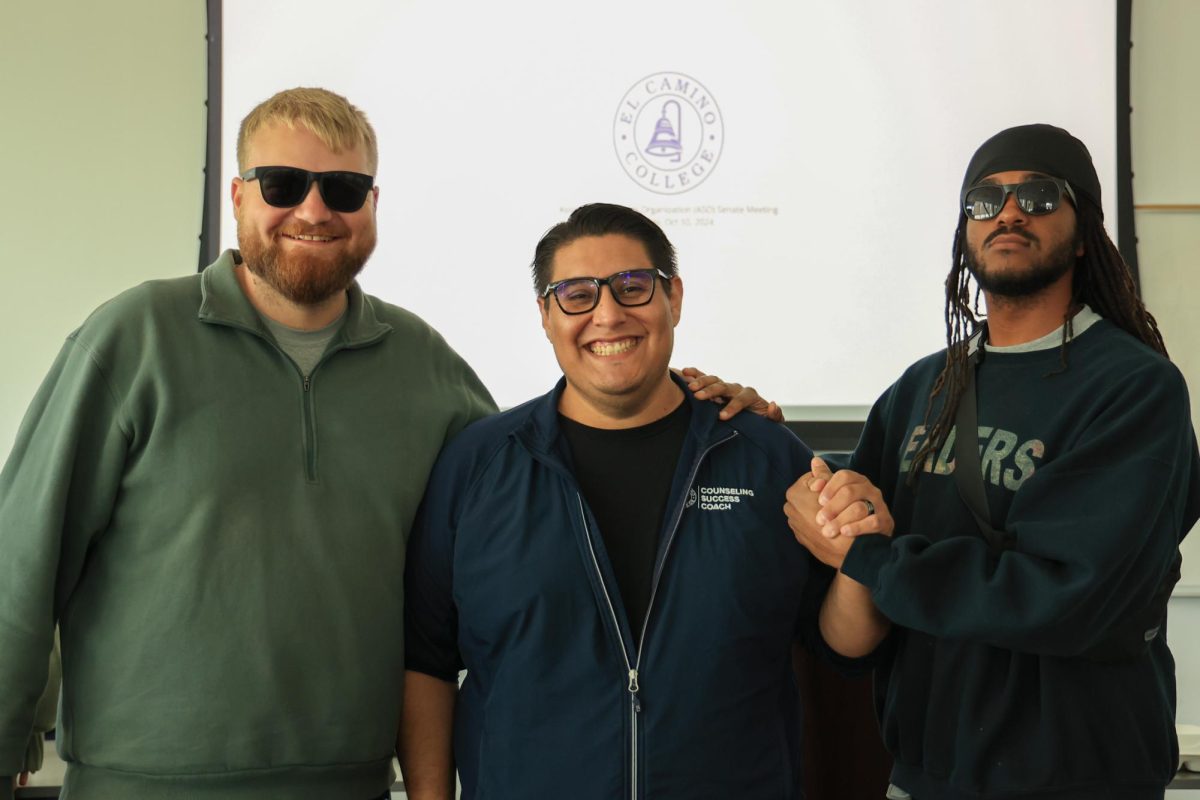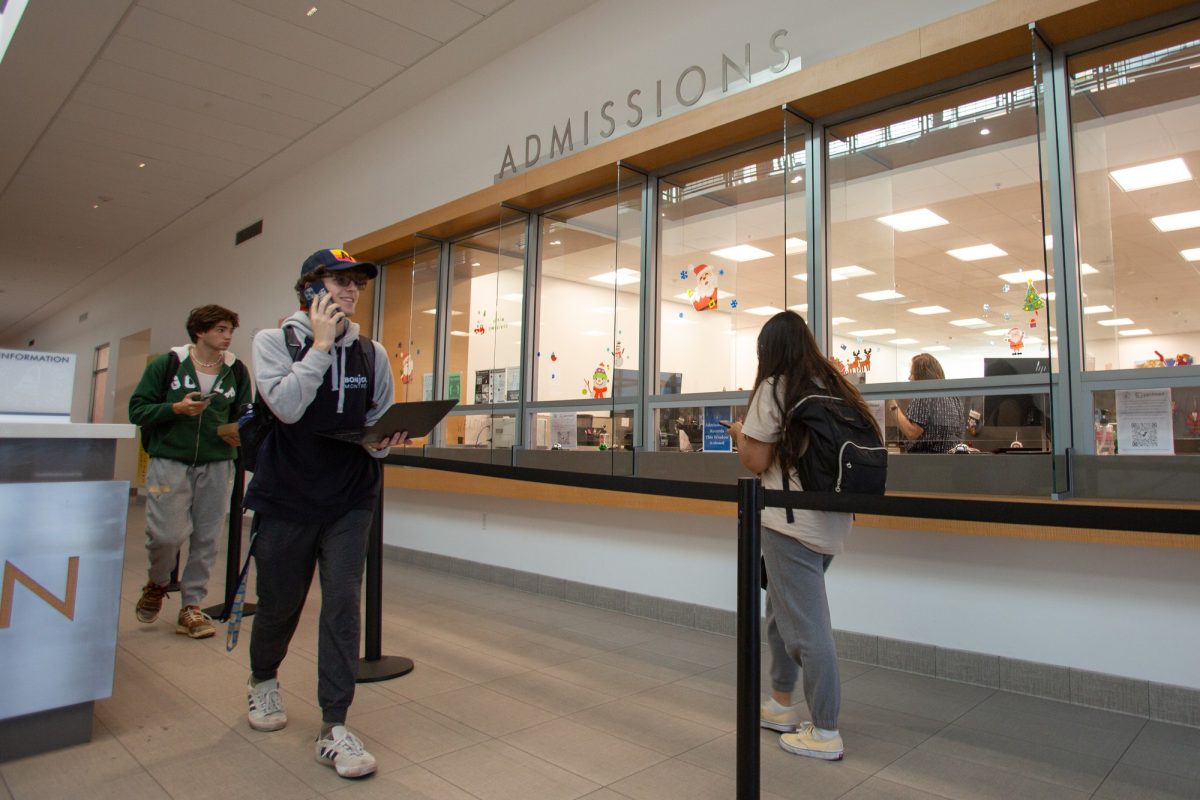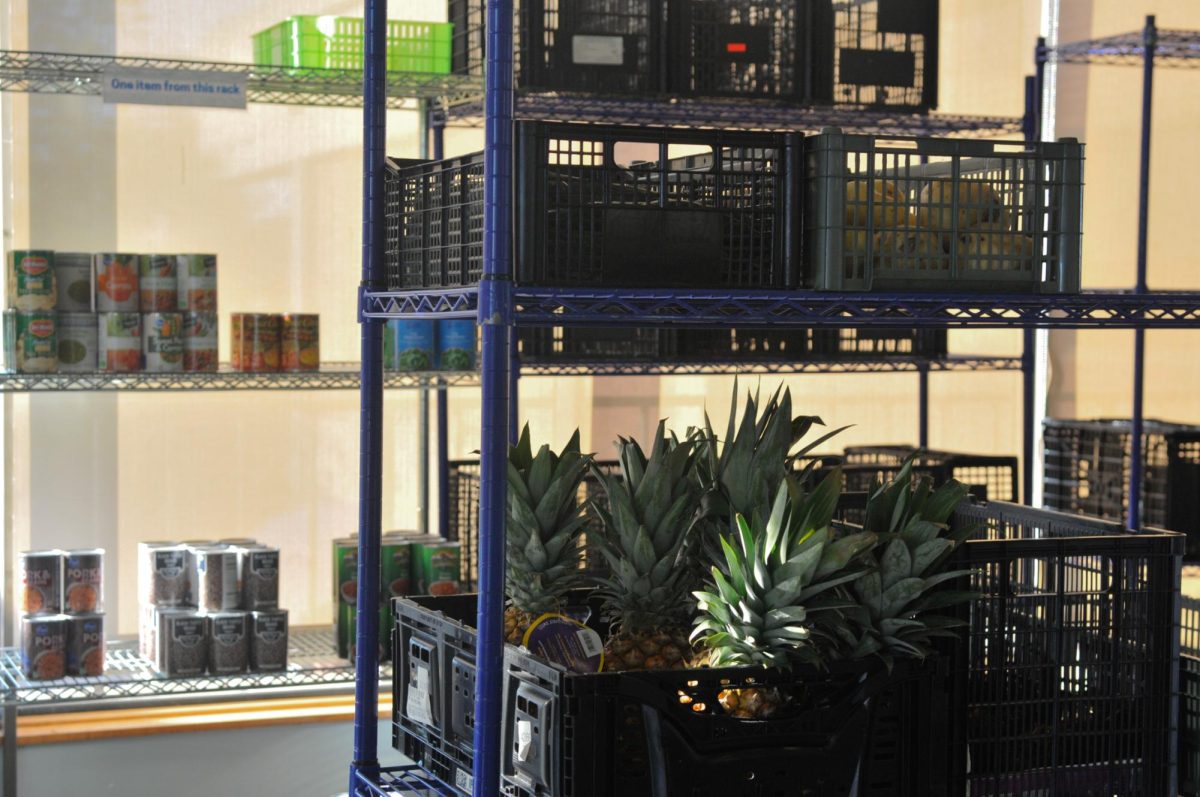Editor’s note: This is part one of a series about cheating. In order to protect their identities, only students’ first names will be used.
Cheating can range from trying to raise a grade while risking academic punishments and students are sometimes willing to risk it all for the chance of a higher grade.
“You hear about people getting away with it, so why not try it? This place feels like high school, and in high school we could easily get away with it,” Alicia, who has been here for the past year and a half, said.
As a community college some may believe this campus also has a reputation of not being a serious place for academics.
However, cheating and plagiarism policies are the same no matter where you study and the consequences can mean being thrown out of college.
With all of these risks, the potential payout is obviously worth it to some students.
“I have programmed formulas into my calculator, snuck notes in between the pages of my test and even folded my notebook open to read off the floor and all without getting caught,” said Laura, a student who is in her second year at EC.
She has done all of these things in only one semester and sees the potential risk involved as small and inconsequential.
“One person I know got caught and all the teacher told him to do was delete the formulas out of his calculator, he didn’t even take away his test,” Laura said. “And with consequences like this, why would anyone not cheat?”
This is not to say that teachers aren’t concerned with cheating and are not doing things to prevent it.
Mathematics professor Leonard Wapner knows that cheating is happening and usually tries to handle the situation with the student one-on-one before he would have to involve the administration.
“Every case is different and I deal with it on a student-by-student basis,” Wapner said. “I will usually try to talk to the student and resolve the issue.”
He also takes precautiony measures before exams to prevent the occurence of cheating.
“Sometimes I will walk around the room and randomly pick up a calculator to check it,” Wapner said. “This does seem like an effective way to deter cheating, considering calculators can be the most common and easiest way for a student to cheat.”
On the other hand, there are students who are fearful of the consequences of cheating and therefore do not take the chance.
“I’m too scared to even try to cheat. I mean if they catch me my whole college career is over,” said Leticia, a freshman, said.
Other students not only believe cheating is wrong, but they do not see how cheating could ever be worth it, as hiding it is problematic.
“Getting an ‘A’ on one test isn’t worth the stress of trying to hide papers and look around you to make sure no one sees,” Kate said.
Everyone knows that plagiarism and cheating are a big deal and these two students are just a few of many students who are unwilling to take the risk.
For those who are willing to make the gamble cheating entails, it can almost begin to be an addiction.
“Once you get away with it once and see the payoff, you keep wanting to try and push it even further,” said Laura.
The only problem with this, she believes, is that the more a person cheats and the bolder they get with it the higher the chance of them getting caught becomes; especially with professors realizing what tactics a student may use.
Despite the threat of punishment, students are still willing to take the risk, with the hope of a light punishment should they get caught in mind.
“I know I could eventually get caught, but I’m just hoping that when I do, I won’t get in that much trouble,” Laura said.








